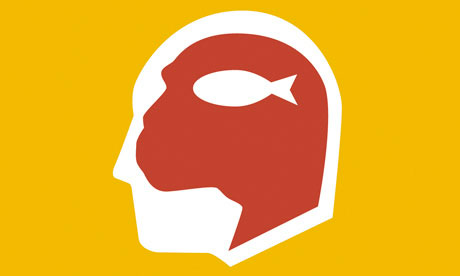
The modern mind is inclined to think of the past as gone. Archaeologists dig the ground for it; others try to hold on to it with photos. "The past is a foreign country: they do things differently there," reflected the writer LP Hartley.
But isn't the past entirely present? Contemplate, for example, the deep past of our evolutionary inheritance. We have four limbs because our prehistoric ancestors did. We sing much like whales and birds, melodically speaking, thanks to the creatures that first strove to communicate with music.
Of course, novelty emerges in evolution too: we humans have opposable thumbs and Mozart. But appreciating this deep past can awaken Gaia-like solidarity and connect us more profoundly with the origins of life.
Another source of our selves is historical, in the culture and family that shapes us. Here the past may feel less comfortable to contemplate, for such factors highlight another dimension – the way the past can constrain us. Your family links you to particular people and places. You might have moved to an anonymous city or left the country of your forebears to escape such ties. You might desire a future free of the past. The past can feel wearisome or even frightening in a culture, like ours, that is inclined to sell dreams of being who you want to be, regardless of the past.
In truth, though, that is a delusion. As William Faulkner remarked: "The past is never dead. It's not even past." Further, it is when you attempt to turn your back on the past, and expend all that energy trying to ignore or delete it, that it becomes a drain and a burden. Paradoxically, it is then that you cannot put it away.
However, there is another way of thinking about the past; to consider it as a resource, one that's tailored precisely to you.
A better model for a happier relationship with the past might be the life of the artist. Their first task is to accept the constraints of their medium, the limitations of paint or the mere 12 notes of the scale. Only then can something wonderful occur. They develop a voice, they find a mode of expression. They become someone.
So with us too. The origins of our lives lie in the past. But this also means that the past is life's gift to you, painful though it can be. It is only within the constraints of life – having four limbs, singing a particular song, being of a time and place – that we can live, be transformed and free. The past is actually what makes us someone too.
• Author and journalist Mark Vernon is a founding faculty member of The School of Life. His publications include The Good Life (Teach Yourself Books). markvernon.com

